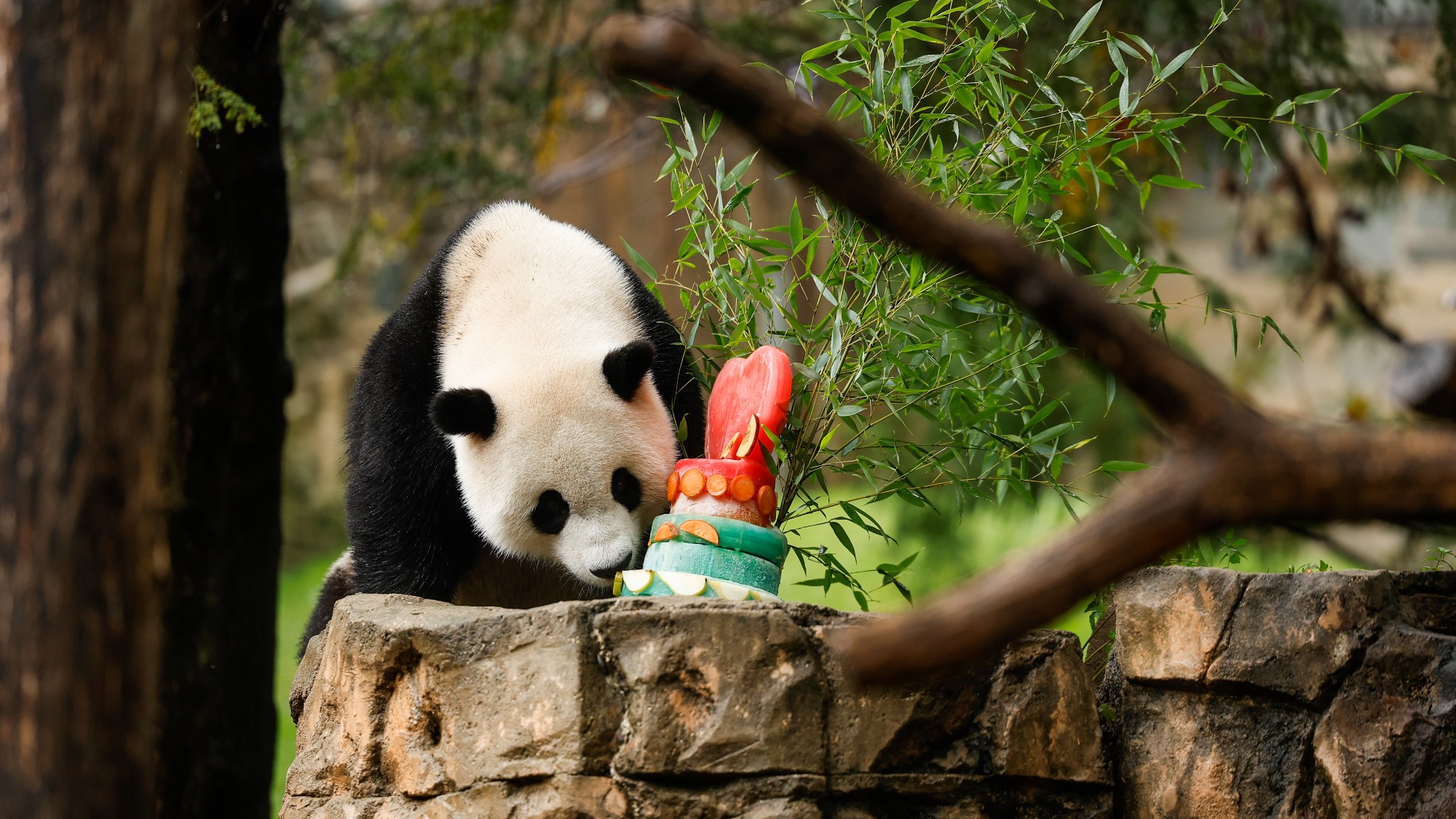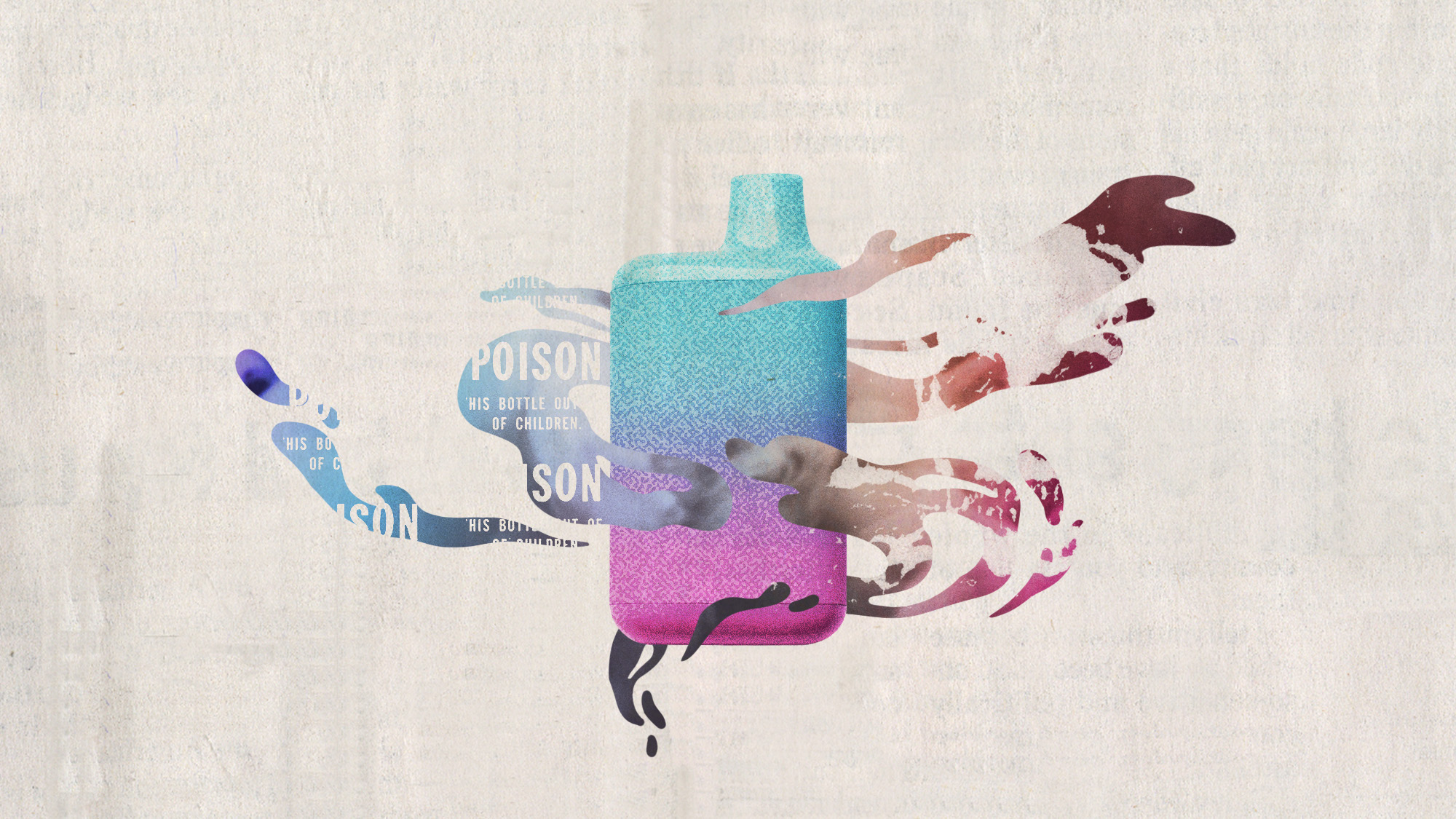Panda-monium: China vs. the West
The end of panda diplomacy has been viewed as a consequence of increasingly frosty China-US relations

A free daily email with the biggest news stories of the day – and the best features from TheWeek.com
You are now subscribed
Your newsletter sign-up was successful
China has lent or given pandas to other countries since the seventh-century Tang Dynasty, and has had a 50-year relationship of "panda diplomacy" with the US. But the rare animals will soon disappear from all American zoos as loan deals are ending amid rising tensions between the two countries.
There are an estimated 1,800 pandas in the wild in China and around 65 have been lent out to 20 other countries. They were first offered as diplomatic gifts and then, in the 1980s, China began loaning pandas. The arrangement allowed Beijing to "build 'guanxi', a Mandarin term for trust", with other nations and bolster its own image abroad, said Al Jazeera.
Ling-Ling and Hsing-Hsing were the first pandas sent to the US, after First Lady Pat Nixon expressed her fondness for the species during a visit to Beijing in 1972.
But when the last of the Washington National Zoo’s giant pandas is shipped back to China this autumn, it will mark the "departure of a living, breathing, bamboo-chomping international-relations metaphor", said Michael Schaffer at Politico. What started as a "cuddly gift at a triumphal inflection point in the last Cold War" may now end with "an empty panda house at the anxious dawn of the new one".
The UK will also lose its last two pandas from Edinburgh Zoo later this year, as will Australia in 2024 if the current arrangement is not extended.
Sanctions imposed by the US on Chinese officials and prominent citizens, alongside "uproar over a Chinese balloon floating over the US earlier this year", said the i news site, have been cited as potential reasons for "punitive panda diplomacy".
Indeed, Chinese state media has "used pandas as symbols of everything that has gone wrong" between itself and the West in recent years, The Times added.
The animals were used as political pawns in 2010 when China requested Tai Shan be returned from Washington as part of Chinese outrage "after President Barack Obama met with the Dalai Lama, the Tibetan leader living in exile", Al Jazeera added.
The "50-year-charade" of pandas as "furry diplomats" has ended, argued Bloomberg's Bobby Ghosh, and bringing home pandas "will undoubtedly be promoted as an expression of patriotic pride" for China, who view the bears as their "national treasure".
But as the Biden administration and Chinese government move to "tamp down the showy hostility", there is some optimism, said Politico's Schaffer.
"With intractable disagreements about life-and-death issues like Ukraine, Taiwan, human rights and democracy, unveiling a new rent-a-bear would be less about strategic friendship than crisis management," he concluded. "It would be the very least anyone could do."
A free daily email with the biggest news stories of the day – and the best features from TheWeek.com
The Week
Escape your echo chamber. Get the facts behind the news, plus analysis from multiple perspectives.

Sign up for The Week's Free Newsletters
From our morning news briefing to a weekly Good News Newsletter, get the best of The Week delivered directly to your inbox.
From our morning news briefing to a weekly Good News Newsletter, get the best of The Week delivered directly to your inbox.
Rebekah Evans joined The Week as newsletter editor in 2023 and has written on subjects ranging from Ukraine and Afghanistan to fast fashion and "brotox". She started her career at Reach plc, where she cut her teeth on news, before pivoting into personal finance at the height of the pandemic and cost-of-living crisis. Social affairs is another of her passions, and she has interviewed people from across the world and from all walks of life. Rebekah completed an NCTJ with the Press Association and has written for publications including The Guardian, The Week magazine, the Press Association and local newspapers.
-
 How the FCC’s ‘equal time’ rule works
How the FCC’s ‘equal time’ rule worksIn the Spotlight The law is at the heart of the Colbert-CBS conflict
-
 What is the endgame in the DHS shutdown?
What is the endgame in the DHS shutdown?Today’s Big Question Democrats want to rein in ICE’s immigration crackdown
-
 ‘Poor time management isn’t just an inconvenience’
‘Poor time management isn’t just an inconvenience’Instant Opinion Opinion, comment and editorials of the day
-
 Will increasing tensions with Iran boil over into war?
Will increasing tensions with Iran boil over into war?Today’s Big Question President Donald Trump has recently been threatening the country
-
 The fall of the generals: China’s military purge
The fall of the generals: China’s military purgeIn the Spotlight Xi Jinping’s extraordinary removal of senior general proves that no-one is safe from anti-corruption drive that has investigated millions
-
 US, Russia restart military dialogue as treaty ends
US, Russia restart military dialogue as treaty endsSpeed Read New START was the last remaining nuclear arms treaty between the countries
-
 Epstein files topple law CEO, roil UK government
Epstein files topple law CEO, roil UK governmentSpeed Read Peter Mandelson, Britain’s former ambassador to the US, is caught up in the scandal
-
 Mexico’s vape ban has led to a cartel-controlled black market
Mexico’s vape ban has led to a cartel-controlled black marketUnder the Radar Cartels have expanded their power over the sale of illicit tobacco
-
 Iran and US prepare to meet after skirmishes
Iran and US prepare to meet after skirmishesSpeed Read The incident comes amid heightened tensions in the Middle East
-
 Which way will Trump go on Iran?
Which way will Trump go on Iran?Today’s Big Question Diplomatic talks set to be held in Turkey on Friday, but failure to reach an agreement could have ‘terrible’ global ramifications
-
 EU and India clinch trade pact amid US tariff war
EU and India clinch trade pact amid US tariff warSpeed Read The agreement will slash tariffs on most goods over the next decade